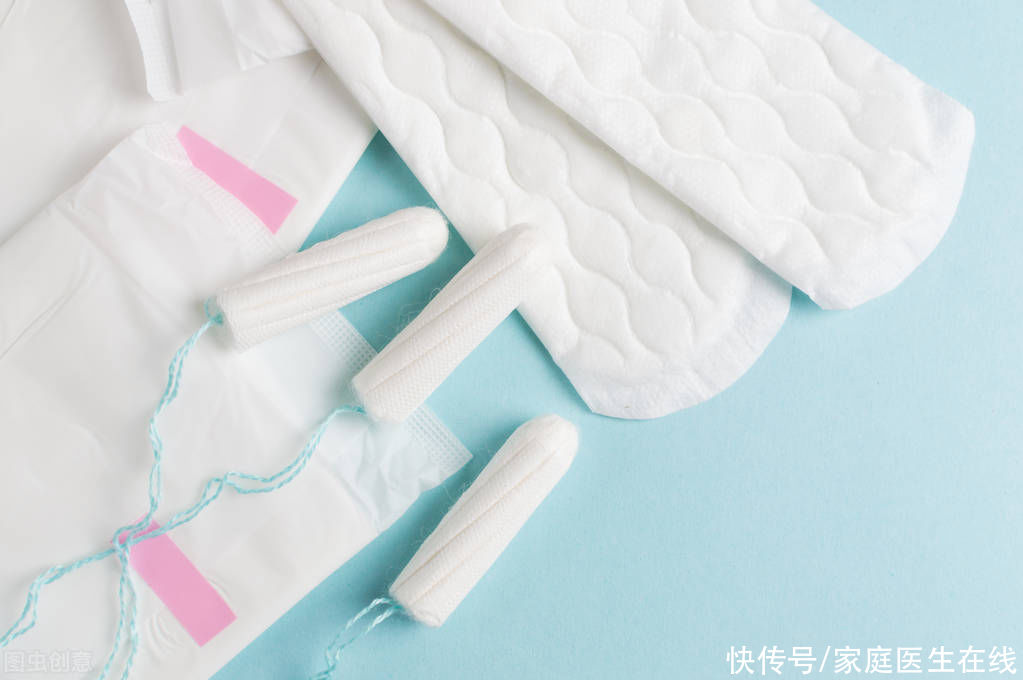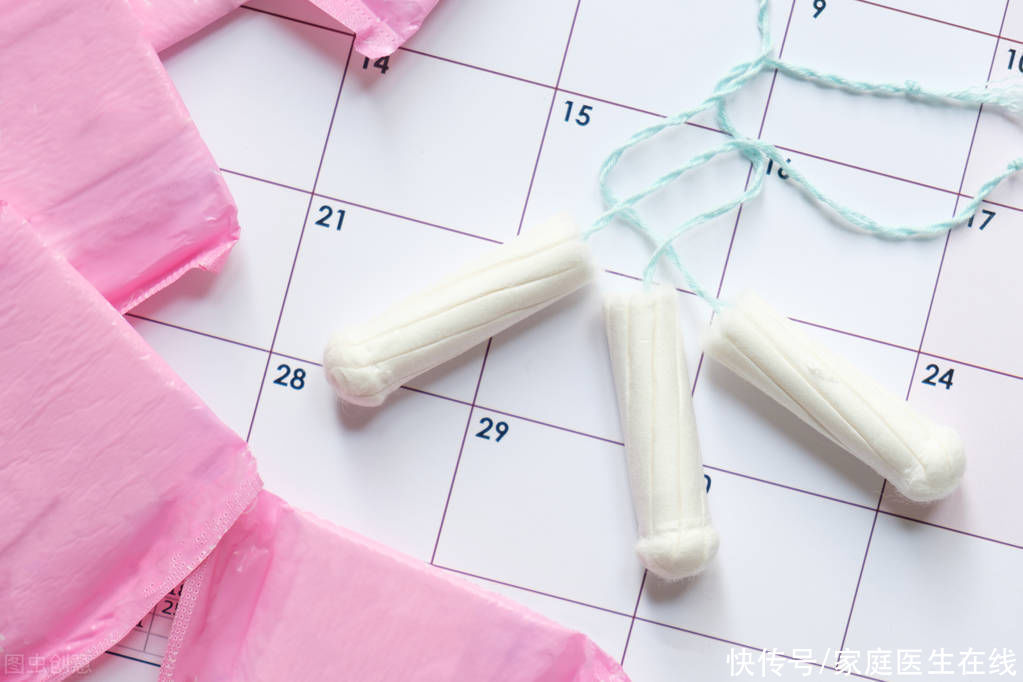Menstruation is a milestone for girls to mature, and it is also a unique physiological feature of women. Menstruation comes every month and is also a mirror of women’s health. Because the endometrium is subjected to the action of estrogen and progesterone, periodic exfoliation occurs, resulting in menstruation.

The cycle under healthy conditions is 21~35 days, and one menstrual period will be 3~35 days. Within 7 days, but everyone’s physique, living habits, diet and environment are different, and menstruation and menstrual time periods are also different, so what is the difference between menstruation ending in 3 days and ending in 7 days, which is healthier?
What is the difference between 3 days and 7 days of menstruation?
In fact, there is no difference between the two. Menstruation lasts for 3 to 7 days, which is within the normal range. Since the endometrium of each woman is different, the endometrium is affected by the secretion of estrogen. Less sex hormone secretion leads to less endometrial shedding and reduced menstrual flow; on the contrary, the strong secretion of estrogen continues to stimulate endometrial shedding, which in turn increases menstrual flow and lengthens the menstrual period.

What should a normal menstrual period look like?
1. The menstrual cycle is 21~35 days
Usually the menstrual cycle is 21~35 days, the average about 28 days. If the menstrual cycle is less than 21 days, it is judged as frequent menstruation, which may be caused by gynecological endocrine diseases, including luteal insufficiency or ovulation disorders; if the menstrual cycle is more than 35 days, it is judged as oligomenorrhea, or it is a congenital factor, Either due to disease or lifestyle.
If the menstrual cycle is prolonged by 2 to 3 months or amenorrhea is premature, it is usually caused by ovarian-related diseases, such as polycystic ovary syndrome, premature ovarian failure and endocrine; thyroid function Hypothyroidism has less thyroid hormone secretion, which can easily lead to delayed menstruation, often accompanied by loss of appetite and lethargy.

2. The bleeding volume is about 20~80ml< /strong>
The menstrual flow is less than 20ml is judged to be too little, and more than 80ml is too much. You can use how many sanitary napkins are used to judge the menstrual flow. 5 ml of menstrual flow can soak an ordinary sanitary napkin. If the amount of sanitary napkins in one menstrual cycle is less than 10 or more than 20 days, you should seek medical examination as soon as possible.
Excessive menstrual flow is generally caused by uterine lesions, such as endometrial polyps, and may also be caused by endometriosis and endometrial hyperplasia; excessive dieting to lose weight, Disordered work and rest, unhealthy mood, and heavy stress can all lead to decreased menstrual flow; less menstrual flow may also be related to endocrine diseases, such as endocrine disorders or ovarian function decline; It is most likely polycystic ovary syndrome; multiple abortions and curettage can cause intrauterine adhesions and reduce menstrual flow.

3. Menstrual period about 2~8 days< /strong>
Under normal circumstances, the menstrual period lasts 2 to 8 days. The first 2 to 3 days have a lot of bleeding, and gradually the amount of bleeding becomes less and the color becomes lighter, so that the menstrual period is completely clean. .
Message from the doctor
The amount of menstrual flow mainly depends on each person’s physique and living habits, the most critical of which is the regularity. Irregular menstruation includes menstrual cycle, menstrual period, and menstrual flow, and a problem in one of these areas is considered abnormal menstruation. Occasionally one or two menstrual abnormalities do not need to worry. If there are more than three times, you should go to the hospital to see what is going on, and do a gynecological examination as soon as possible. In addition, women should pay attention to personal hygiene during menstrual period, change sanitary napkins frequently, not take baths and swim during menstrual period, and also cannot live a married life.
Family doctor online feature, unauthorized reprint